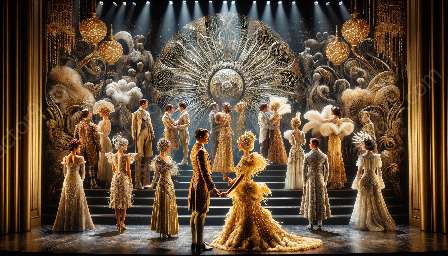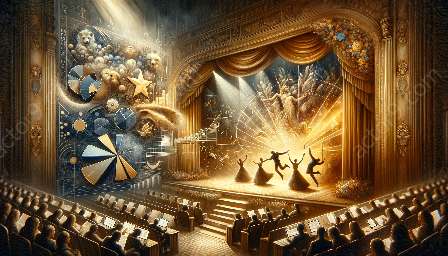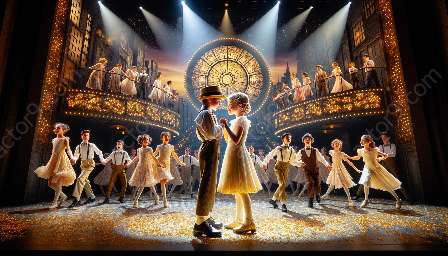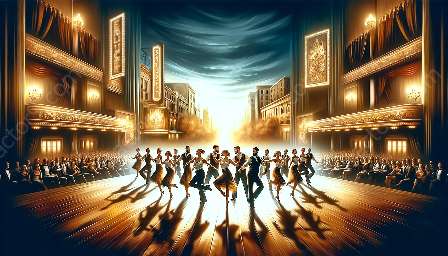As we delve into the discussion of ethical responsibilities in accurately representing diverse sexual orientations and gender identities on stage, it is crucial to understand the significant impact that actors and creative teams have on the portrayal of these themes in Broadway and musical theater.
The Impact of Accurate Representation
First and foremost, it is essential to acknowledge the profound impact that accurate representation of diverse sexual orientations and gender identities can have on both the individuals directly represented and the broader audience. In today's society, where diversity and inclusivity are increasingly championed, the portrayal of LGBTQ+ characters and narratives on stage is an opportunity to validate and empower individuals whose experiences may be underrepresented in mainstream media.
Furthermore, accurate representation also fosters empathy and understanding among audience members, ultimately contributing to a more inclusive and compassionate society. Therefore, the ethical responsibility lies in ensuring that the portrayal of diverse sexual orientations and gender identities on stage is handled with sensitivity, authenticity, and respect.
Acting Ethics in Broadway and Musical Theater
Acting ethics in Broadway and musical theater encompass a broad set of principles and standards that guide the conduct and portrayal of actors and creative teams. When it comes to representing diverse sexual orientations and gender identities, ethical considerations become particularly crucial.
Authenticity and Respect
Actors and creative teams have an ethical obligation to approach their roles and storytelling with authenticity and respect. This involves conducting thorough research, seeking input and feedback from individuals from the LGBTQ+ community, and maintaining open and honest communication throughout the creative process.
Moreover, respecting the lived experiences of LGBTQ+ individuals and avoiding stereotypes or caricatures in character portrayal are fundamental aspects of acting ethics in Broadway and musical theater.
Creating Safe and Inclusive Spaces
Another vital ethical responsibility is the creation of safe and inclusive spaces for LGBTQ+ actors and team members. This encompasses providing support, understanding, and accommodations to ensure that everyone involved in the production feels valued and respected. Furthermore, fostering an environment where diverse perspectives are embraced can greatly enrich the creative process and result in more authentic and impactful storytelling.
Advocacy and Representation
Actors and creative teams also bear the ethical responsibility of advocating for accurate representation and diverse storytelling within the industry. This involves actively supporting LGBTQ+ voices, challenging stereotypes, and advocating for inclusive casting and production practices.
Conclusion
In conclusion, the ethical responsibilities of actors and creative teams in accurately representing diverse sexual orientations and gender identities on stage go beyond mere performance. It involves a deep commitment to authenticity, respect, advocacy, and creating inclusive environments. By upholding these ethical responsibilities, the theater industry can contribute to the promotion of empathy, understanding, and social progress within the broader community.



































